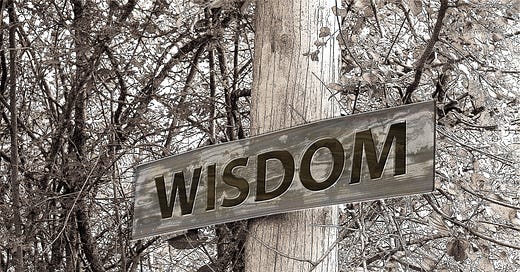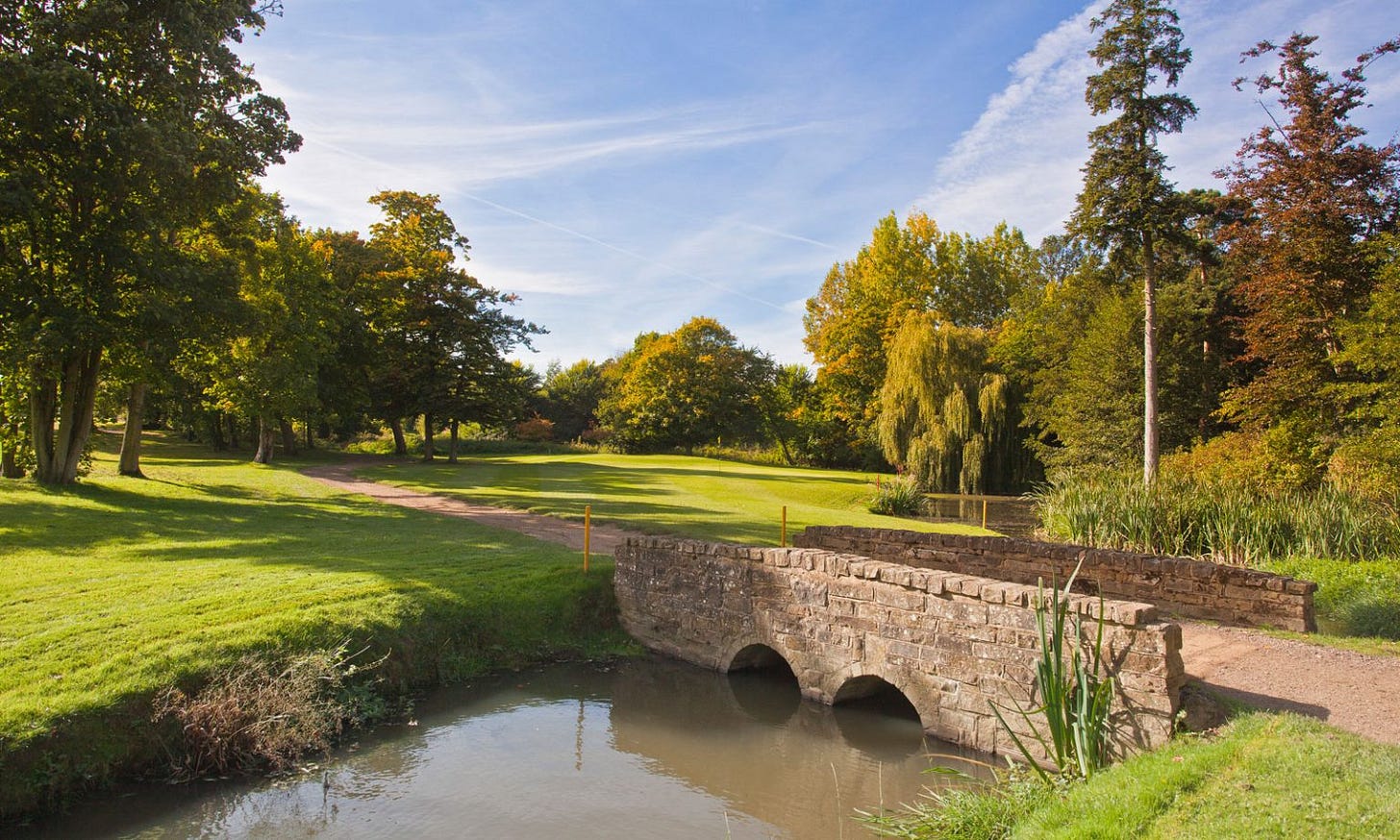To Become Wise, Do Less!
Embrace leisure and abhor the need to always be productive to actually become productive
This is Jideofor welcoming you to Leverage Thoughts where impactful ideas for multidimensional execution are shared. If you enjoy reading this post, proceed to like, share and subscribe. If you want to contact me, please email me at leveragethoughts@gmail.com
Leisure gives the scribe the chance to acquire wisdom
In our world where the current zeitgeist is of being productive(hustle culture), where our calendars and hours are filled with events in the aim of succeeding, and where productivity channels have grown on mediums such as youtube, have we truly become productive?
In one of my previous posts, I impressed the importance of not engaging the mind in the intense pursuit of too many things at once. In this post, I make the case for incorporating leisure into our intellectual and creative processes to gain wisdom that leads to intellectual breakthroughs.
Leisure gives the scribe the chance to acquire wisdom; a man with few commitments can grow wise. How can the ploughman become wise, whose sole ambition is to wield the goad, driving his oxen, engrossed in their work, his conversation limited to bullocks, his thoughts absorbed in the furrows he traces and his long evenings spent in fattening heifers?
Sirach 38: 24-26
According to ancient wisdom, leisure appears to be a necessary condition to acquire wisdom. Wisdom generates insights which can lead to breakthroughs that creates immense productivity. We need to have time where we can reflect, think and generate insights. With leisure one can allow the unconscious mind to bring forth new ideas and solve present challenges.
Do not think that you will become wise and make breakthroughs from leisure alone
You must focus and work hard on a thing/subject first. It’s the leisure after the focused work that creates the step up in value. Henri Poincare, the mathematical genius and polymath mentioned “the role of the unconscious work in mathematical invention appears to me incontestable”. In his words:
Often when one works at a hard question, nothing good is accomplished at the first attack. The one takes a rest, longer or shorter, and sits down anew to the work. During the first half hour, as before, nothing is found, and then all of a sudden the decisive idea presents itself to the mind.
Henri Poincare - Science and Method
That unconscious work is seen in rest through leisure. Not to get it confused, the hard work is necessary. However it is important to consider two things: Having less things to do is needed to pursue singular commitments such as advancing mathematical knowledge; and leisure is important in allowing the unconscious make those breakthroughs.
But to seek leisure is evil and unbecoming of hyper achievers “they say”
To this I answer with a quote from John Lubbock in The Use of Life
Rest is not idleness, and to lie sometimes on the grass under the trees on a summer’s day, listening to the murmur of water, or watching the clouds float across the blue sky, is by no means a waste of time.
Embrace leisure and integrate it into your intellectual life if judgement that comes from wisdom is what you seek.
The legendary management consultant Peter Drucker once mentioned that “The successful person places more attention on doing the right thing rather than doing things right”.
On a personal note, I have found myself recently stressed out; probably as a result of simultaneously working full time as a software engineer in tech and doing my MBA at a world class institution. To get the insights to take my career to the next level, I must integrate leisure. I am borrowing a tactic from Poincare and integrating rest into my schedule; for me, it’s been wondering country side in the garden of England - Kent - during my weekends and cycling with no direction every evening.
Hever Castle Golf Course. source: 19th hole mag:
It’s in leisure that we have time to contemplate on the vision we want for our life, reflect on how far we have come and assess if our current actions align with our live purpose.
I will end this post by reiterating: Embrace leisure and integrate it into your intellectual life if judgement that comes from wisdom is what you seek. It’s leisure that gives a person the chance to acquire wisdom.
Do click on the comment button below to share your thoughts on this newsletter
Don’t enjoy this post alone. Share it with your friends, colleagues and family to enable them to participate in the leverage thoughts family.
If you have enjoyed reading this post from Jideofor, smash the subscribe button below to receive notifications in your email when new posts are published.







Free time is necessary to feed and explore one's curiosity. This leads to the best innovations. When one is working under pressure, curious ideas tend to get thrown out. Unfortunately this is an uphill battle. Rationally speaking, both exploration and exploitation are necessary for success, but the suits understand only exploitation.
"Wisdom generates insights which can lead to breakthroughs that creates immense productivity."
It is important to emphasize that while this may be a consequence of wisdom, it is not what leisure is for the sake of. To reduce leisure and wisdom to instruments of productivity is to miss the whole point. We do not make leisure so that we may work, so that we may be more productive; we work so that we may make leisure. Wisdom is an end in itself. Work is not. "Productivity" is not. Work exists for the sake of leisure, not the other way around. (We must also not confuse recreation with leisure.)
Josef Pieper's book "Leisure: the Basis of Culture" makes exactly this point. Something Pieper covers in the first chapter and worth noting here is that the word "school" comes from the Latin "schola" which in turn is derived from the Greek "σχολή" ("skhole") which is the Greek word for "leisure" (indeed, the absence of leisure characteristic of work was defined negatively, "askholia" in Greek and "negotium" in Latin). Modern education may make this difficult to comprehend, but this is more discernible in classical education. Similarly, the "liberal" in "liberal arts" refers to the freedom to pursue leisure, and these are opposed to the so-called servile arts. And lastly, Pieper draws attention to the prevalence of religious feasts during the Middle Ages whose essential function wasn't to stuff your face with food and drink yourself under the table, but leisure. What could be more "leisurely" than religion, that which is, after all, concerned with the ultimate end and the highest good?
We moderns live in what Pieper called the world of total work (he was writing this book in the postwar period, so this affliction is nothing new). To be sure, we must toil and till the field in which wisdom will grow, but we do not live to till the field; we till the field so that we may live. What is it that we live for, that we ought to live for? Perhaps it is our modern nihilism that frightens us enough to invert the relation between work and leisure, leading us to lose ourselves in work to avoid the realization.